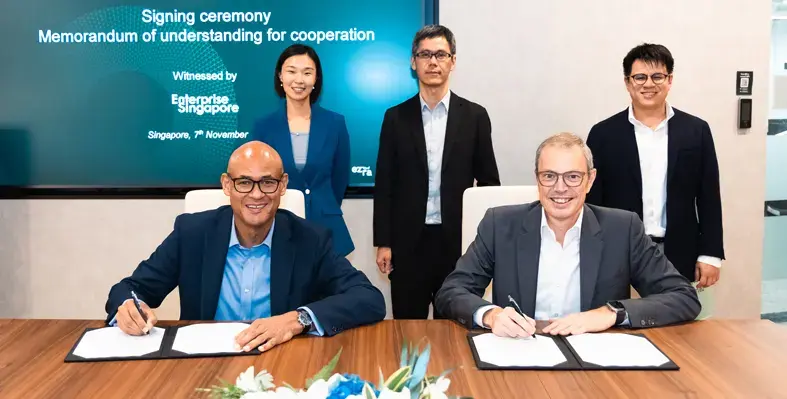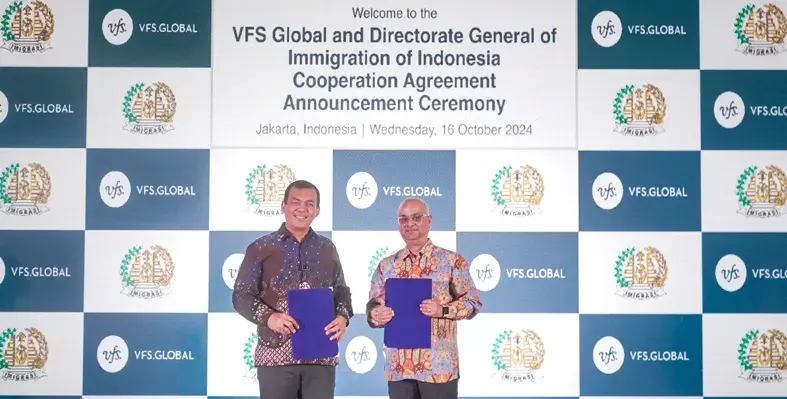
Thunes, Ezra, DT One and Ecobank collaboration to expand access to credit, digital products and cross-border payment solutions. (Image source: Ecobank Group)
TransferTo, a Singapore-based global technology group, and Ecobank Group, Africa's leading pan-African financial institution, have announced a Memorandum of Understanding (MOU) to revolutionise financial access and cross-border payment solutions across Africa
This strategic partnership brings together TransferTo’s companies—Thunes, Ezra, DT One, and Tookitaki—with Ecobank to expand access to credit, digital products, and cross-border payment solutions. The collaboration aims to create a safe and inclusive financial ecosystem that connects markets, enabling reliable cross-border payments and offering financial empowerment tools to millions of Africans and businesses.
By combining their expertise, TransferTo and Ecobank will drive financial inclusion, empower underserved communities, and establish secure, seamless digital pathways that link Africa’s economies to the global market.
Peter De Caluwe, CEO of TransferTo, said, “Our partnership with Ecobank empowers us to unite the strengths of our companies—such as Thunes and DT One—and reshape financial access across Africa. By integrating our expertise with Ecobank’s deep local knowledge, we are crafting secure, straightforward pathways to credit, payments, and financial growth for millions of people. This alliance is more than a partnership; it’s a mission to fuel positive change across the continent.”
Jeremy Awori, CEO of Ecobank Group, added, “Joining forces with TransferTo and its companies Thunes and DT One enables us to bring world-class financial solutions to Africa. Together, we are expanding the reach of reliable, secure services to individuals and businesses with the financial tools they need to thrive. This partnership marks a significant step towards bridging gaps and unlocking potential across African communities.”

























